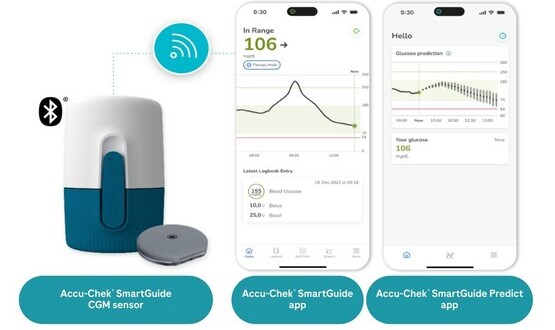Chatrooms found to give bad advice to patients
- 6 October 2004
An study from the University of Derby has revealed that people who look for health guidance through chatrooms or messageboards may be receiving poor advice, causing extra difficulty for GPs.
Dr Neil Coulson, a reader in health psychology, studied chatrooms and websites dedicated to helping people with high-profile conditions such as HIV, diabetes and cancer, and found that information quality was patchy, particularly in unmoderated sites set up by individuals.
Dr Coulson said: “We found that people using these sites can take on board medical advice which is incorrect – an obvious concern."
The real problem, though, was the unknown numbers who sit in chatrooms or read through messageboards without posting comments of their own – known as lurkers. Dr Coulson states that as there’s no way of knowing what information these people are reading, or how they are interpreting it, there’s a large chance of misinformation.
The study revealed that official sites belonging to charities or help groups were the most reliable and tended to be moderated. It recommends that health professionals should take an active role in correcting mistakes on websites when they discover incorrect or dangerous information.
Despite all of this, Dr Coulson remains optimistic about the role that the internet can play in supplying health information: "The internet is proving a great source of comfort that provides a vital support network to millions of people when used correctly.
“Twenty or thirty years ago, a carer looking after a housebound relative may not have had ready access to such support. Now, without compromising the care of their relative, they can log onto the internet at whatever time of the day they like, and a support community is available made up of people in the same position, experiencing the same emotions."
“It is perhaps indicative of modern society that people feel able to talk about their illness to a complete stranger through this powerful means," he concludes.
The study is due to be published in the British Journal of Psychology later this year.



